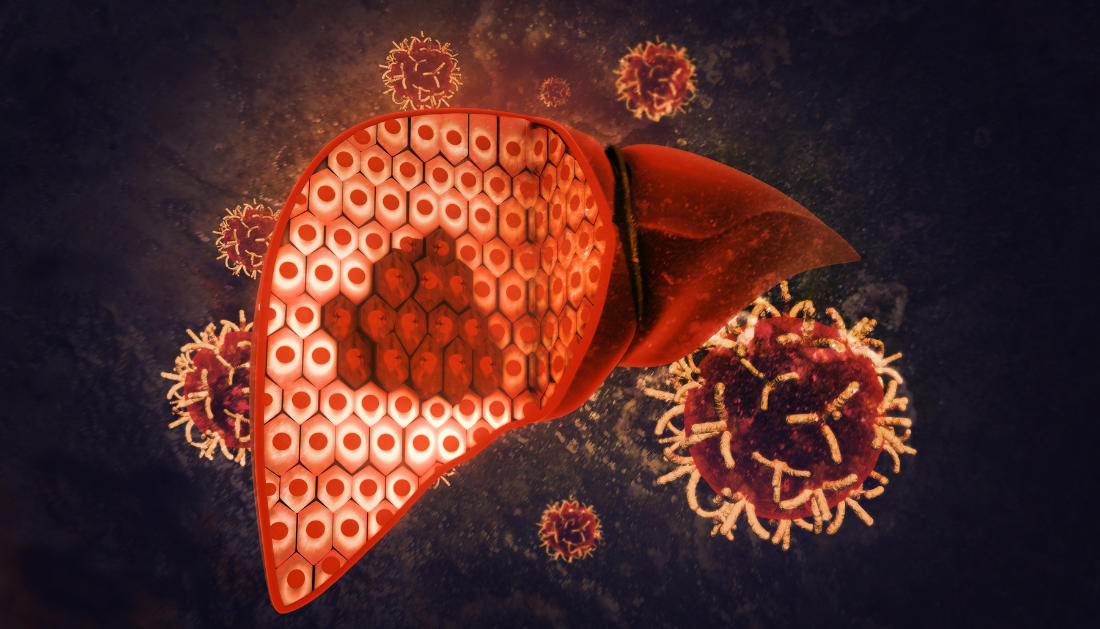

A recent study published in Acta Materia Medica explores the significant role of fatty acid (FA) metabolism reprogramming in hepatocellular carcinoma (HCC), a common form of liver cancer. While it is known that FA reprogramming plays a pivotal role in cancer, the specific contribution of altered fatty acid metabolism to the heterogeneity of HCC had yet to be fully understood. Using advanced bioinformatics tools, including single-cell sequencing and non-negative matrix factorization (NMF) algorithms, researchers have shed light on how fatty acid metabolism is reprogrammed in HCC and its impact on patient prognosis.
The study involved a detailed analysis of 13 types of HCC cells, with the highest levels of FA metabolic aberrance found in epithelial cells. In contrast, certain immune cells, such as B cells, CD8Tcm cells, and Treg cells, exhibited lower levels of FA metabolism aberration. Interestingly, epithelial cells displayed significant diversity in fatty acid metabolism, with a wide distribution of values ranging from −0.2 to 0.8. This diversity is a key feature of HCC heterogeneity, as it reflects variations in the metabolic processes occurring within the cancerous cells.
Further analysis revealed that low FA metabolism was associated with poor prognosis in HCC patients, as shown by survival analysis (log-rank test, P=0.0089). Conversely, higher oxidase expression correlated with lower oncogenesis risk and better overall survival rates. However, enzymes involved in synthesis, oxidation, storage, and release showed considerable phenotypic diversity within HCC, highlighting the complexity of metabolic alterations in liver cancer.
The findings emphasize that fatty acid metabolism reprogramming is strongly linked to the heterogeneity of HCC, which can significantly impact treatment strategies and patient outcomes. These insights open the door for potential therapeutic targets, focusing on metabolic reprogramming in HCC treatment. Get more insights on cancers in women.
More Information: Guo, Y., et al. (2024). Bioinformatics-based analysis of fatty acid metabolic reprogramming in hepatocellular carcinoma: cellular heterogeneity, therapeutic targets, and drug discovery. Acta Materia Medica. doi.org/10.15212/amm-2024-0057.
more recommended stories
 NeuroBridge AI Tool for Autism Communication Training
NeuroBridge AI Tool for Autism Communication TrainingKey Takeaways Tufts researchers developed NeuroBridge,.
 Population Genomic Screening for Early Disease Risk
Population Genomic Screening for Early Disease RiskKey Takeaways at a Glance Population.
 Type 2 Diabetes Risk Identified by Blood Metabolites
Type 2 Diabetes Risk Identified by Blood MetabolitesKey Takeaways (Quick Summary) Researchers identified.
 Microglia Neuroinflammation in Binge Drinking
Microglia Neuroinflammation in Binge DrinkingKey Takeaways (Quick Summary for HCPs).
 Precision Oncology with Personalized Cancer Drug Therapy
Precision Oncology with Personalized Cancer Drug TherapyKey Takeaways UC San Diego’s I-PREDICT.
 Iron Deficiency vs Iron Overload in Parkinson’s Disease
Iron Deficiency vs Iron Overload in Parkinson’s DiseaseKey Takeaways (Quick Summary for HCPs).
 Can Ketogenic Diets Help PCOS? Meta-Analysis Insights
Can Ketogenic Diets Help PCOS? Meta-Analysis InsightsKey Takeaways (Quick Summary) A Clinical.
 Silica Nanomatrix Boosts Dendritic Cell Cancer Therapy
Silica Nanomatrix Boosts Dendritic Cell Cancer TherapyKey Points Summary Researchers developed a.
 Vagus Nerve and Cardiac Aging: New Heart Study
Vagus Nerve and Cardiac Aging: New Heart StudyKey Takeaways for Healthcare Professionals Preserving.
 Cognitive Distraction From Conversation While Driving
Cognitive Distraction From Conversation While DrivingKey Takeaways (Quick Summary) Talking, not.

Leave a Comment